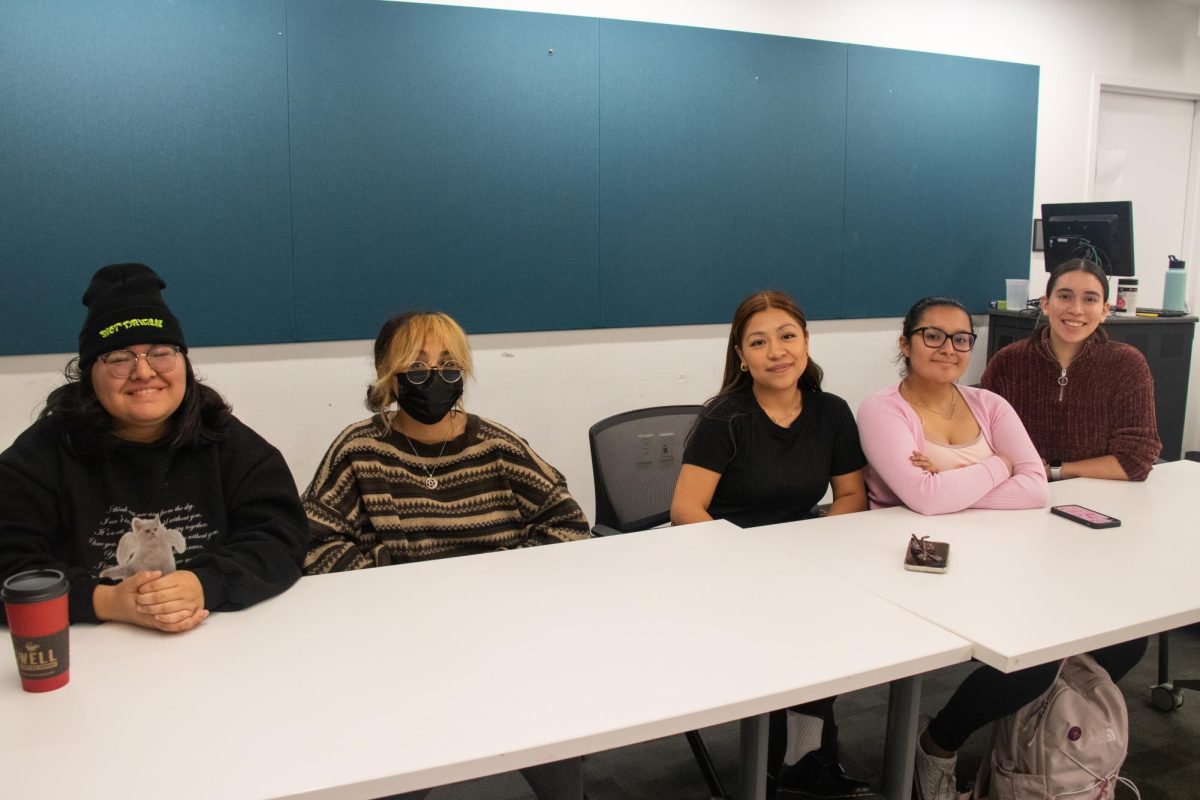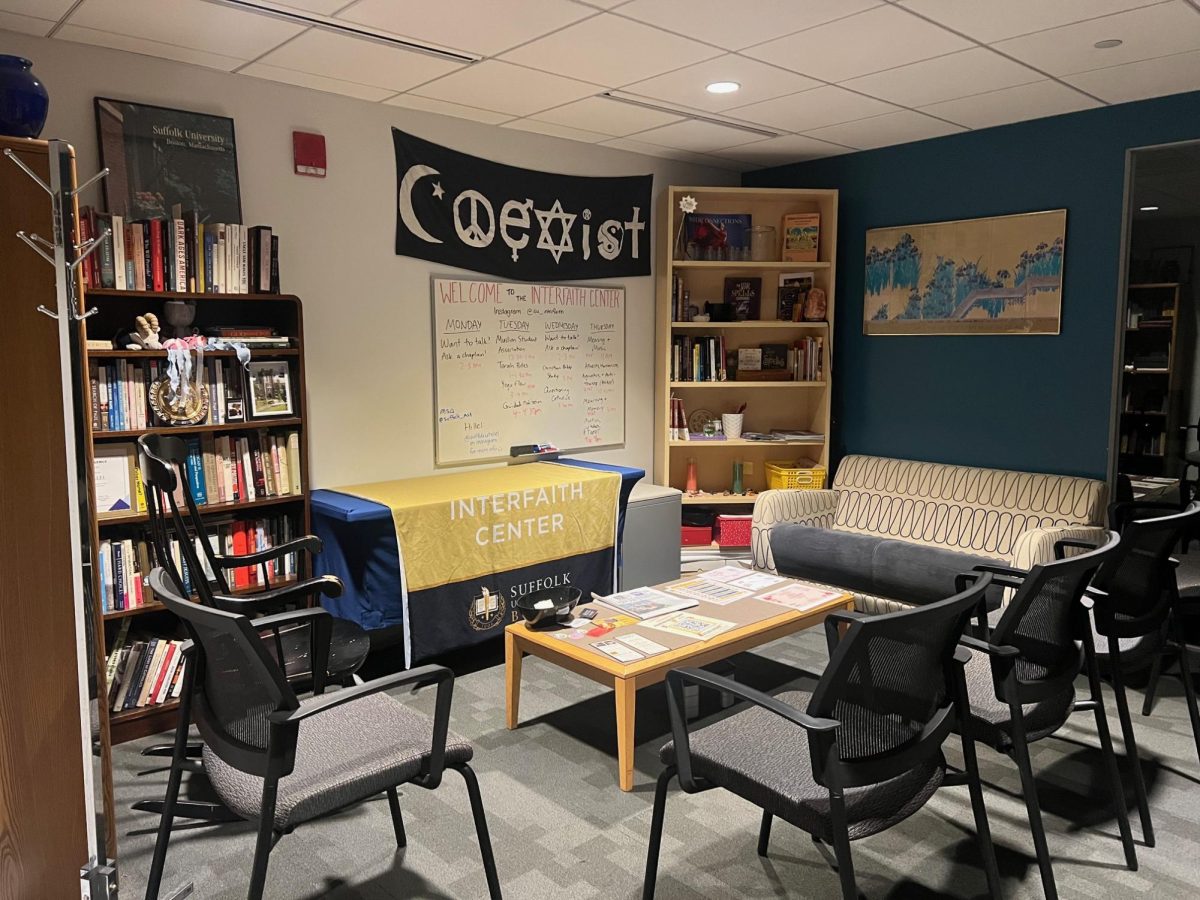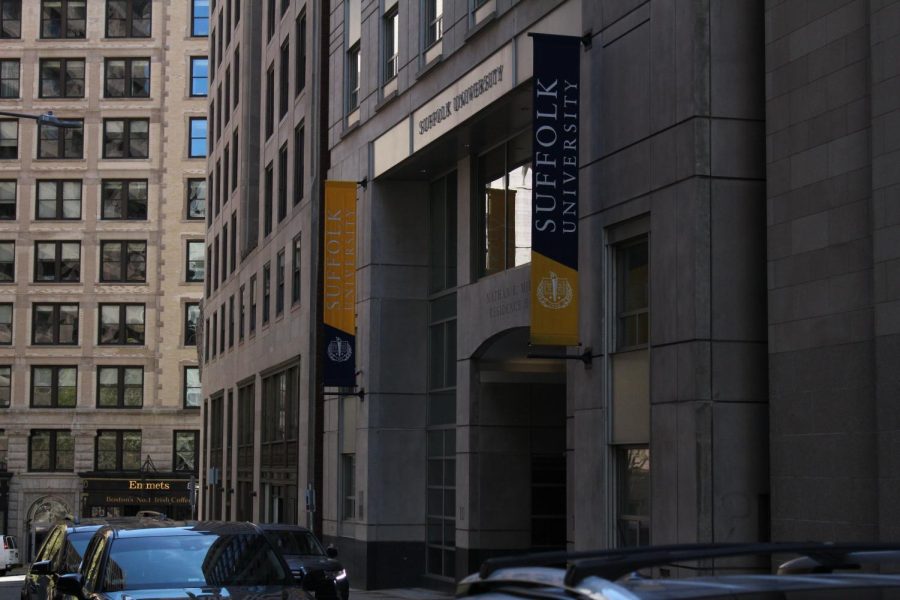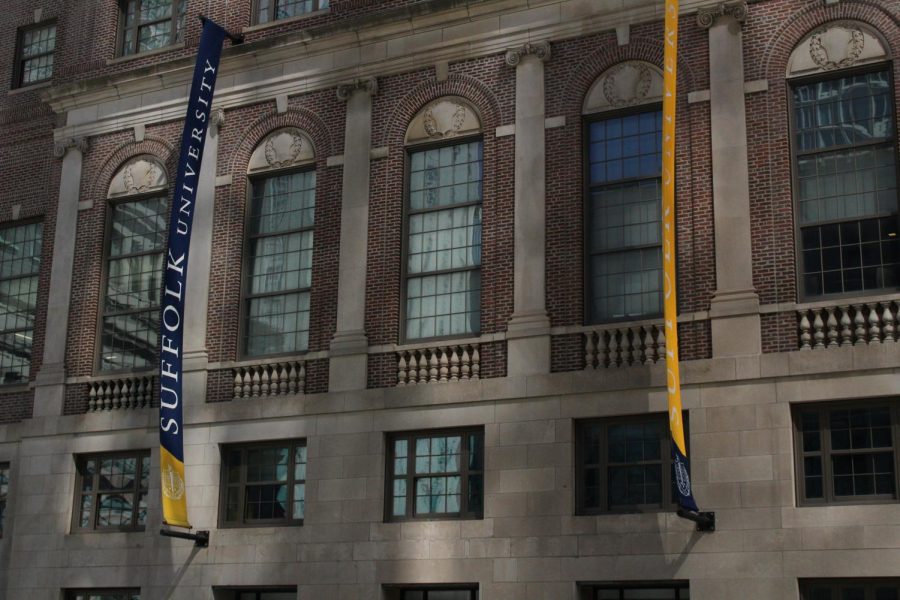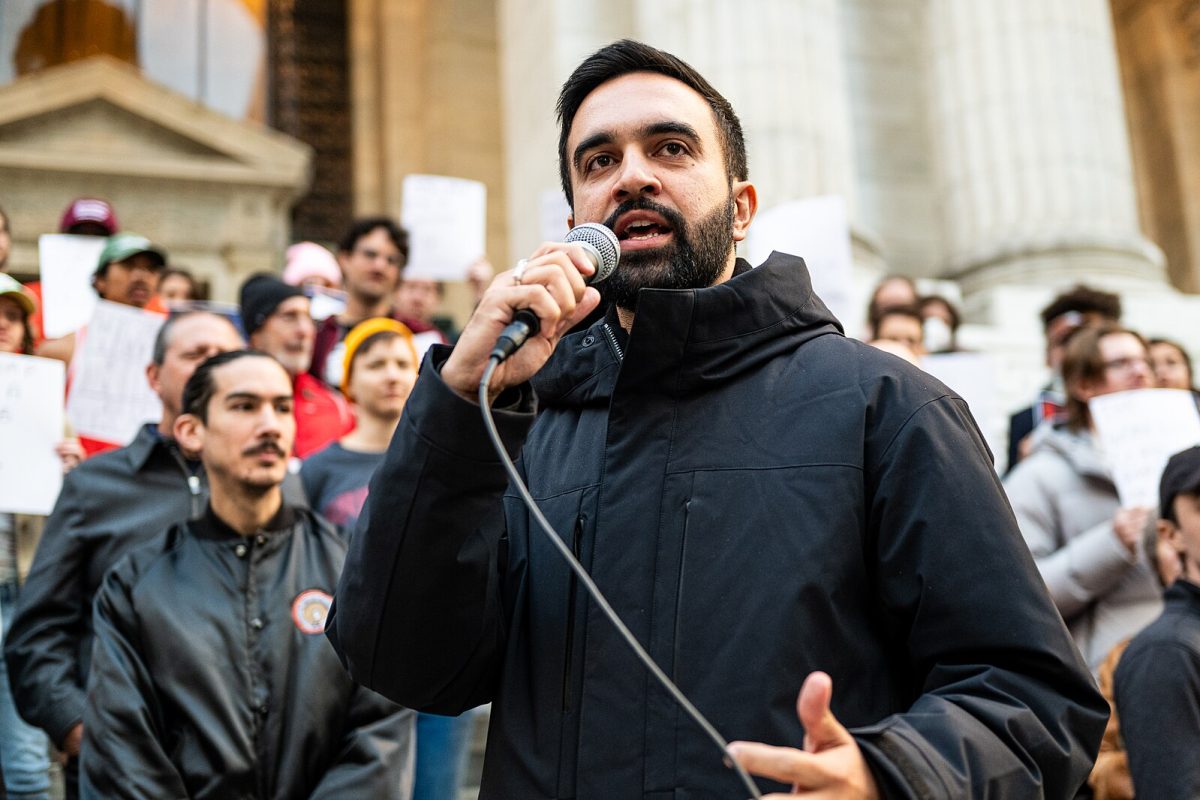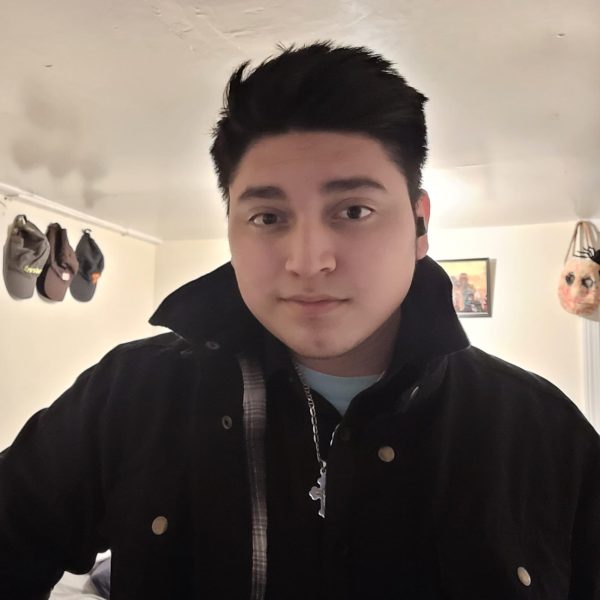For many Latinx/e students in the United States., mental health is a topic that families shy away from.
“My mom is always saying ‘Dios es tu therapista.’ God is your therapist,” said Fatima Perez, a law major at Suffolk University, as she recounted the comments her Salvadorian mother would say to her when she had finally told her that she was speaking to a therapist.
A Sept. 27 panel held by the Center for Student Diversity and Inclusion and Counseling Health and Wellness continued their “CHEW on this…” event series that focuses on BIPOC students. This time the event was to focus on destigmatizing mental health in the Latinx/e community.
The panel had five Suffolk students who are of Latinx/e descent and four staff members, two from CHW and two from CSDI who organized this panel to discuss the students’ experiences with their communities here at Suffolk and at home regarding the Latinx/e community.
The five panelists each had different origins and different experiences with their communities in and out of Suffolk, yet common trends stand out between all of them.
Adrien Silva, whose family is from El Salvador and Guatemala, is a psychology major at Suffolk who founded Suffolk’s Latinx Student Alliance Club.
“First gen Latinx college parents undermine everything you do … and finding a balance to college can be the hardest thing,” said Silva.
Almost 44% of Latinx/e students are first generation college students, according to a study done by the Department of Education in 2016. A common trend for Latinx/e students is struggling to find a good support system of people who know how college works.
Mari Ortega, whose family is from Puerto Rico, is a transfer student at Suffolk who found themselves trying to fight their mental health at first for the sake of their family.
“My family … we didn’t talk much about mental health until my brother went to college and started feeling like he let everyone down,” said Ortega.
Lilian Cardona, whose family is from Guatemala, is a transfer student and political science major at Suffolk. Her family “didn’t believe in therapy … You have God.”
Once Cardona made it to Suffolk, she reached out to CHW to talk about her mental health after finding one of their many posters on the campus.
Cardona said she waited so long to reach out for help because of her family. When she told her mother about starting therapy, the first thing her mother said was, “You’re not crazy. What are you doing going to therapy?”
Perez, whose family is from El Salvador, faced similar issues as Cardona; Her mother believes that the only therapist she needs is God.
“She’s trying to understand but she uses her generational trauma as a sort of excuse,” Perez said.
In the past generation of Latinx/e, there’s a common generational trauma about talking about mental health, “La ropa sucia se lava en casa” a saying that is similar to “don’t air your dirty laundry in public.”
Cristina Castillo, whose family is from El Salvador, is a global business marketing major who speaks primarily “spanglish.” Her family approved of seeking support for her mental health and she was “lucky enough to find a Salvadorian therapist.”
Castillo’s experience with therapy is important to her as she can see that many other Latinx/e people are seeking therapy.
“I was told by my therapist I won’t see them for a month. There’s a waitlist now to see them,” Castillo said.
Mental health is starting to become more acknowledged by younger generations of the Latinx/e community, however they are “50% less likely to have received mental health treatment as compared to non-Hispanic whites” according to a study done in 2018 by the U.S. Department of Health and Human Services Office of Minority Health.
CHW is located on the 5th floor of 73 Tremont. Students can meet with a counselor either by appointment or walk in Monday-Friday 9 a.m.-5 p.m.


